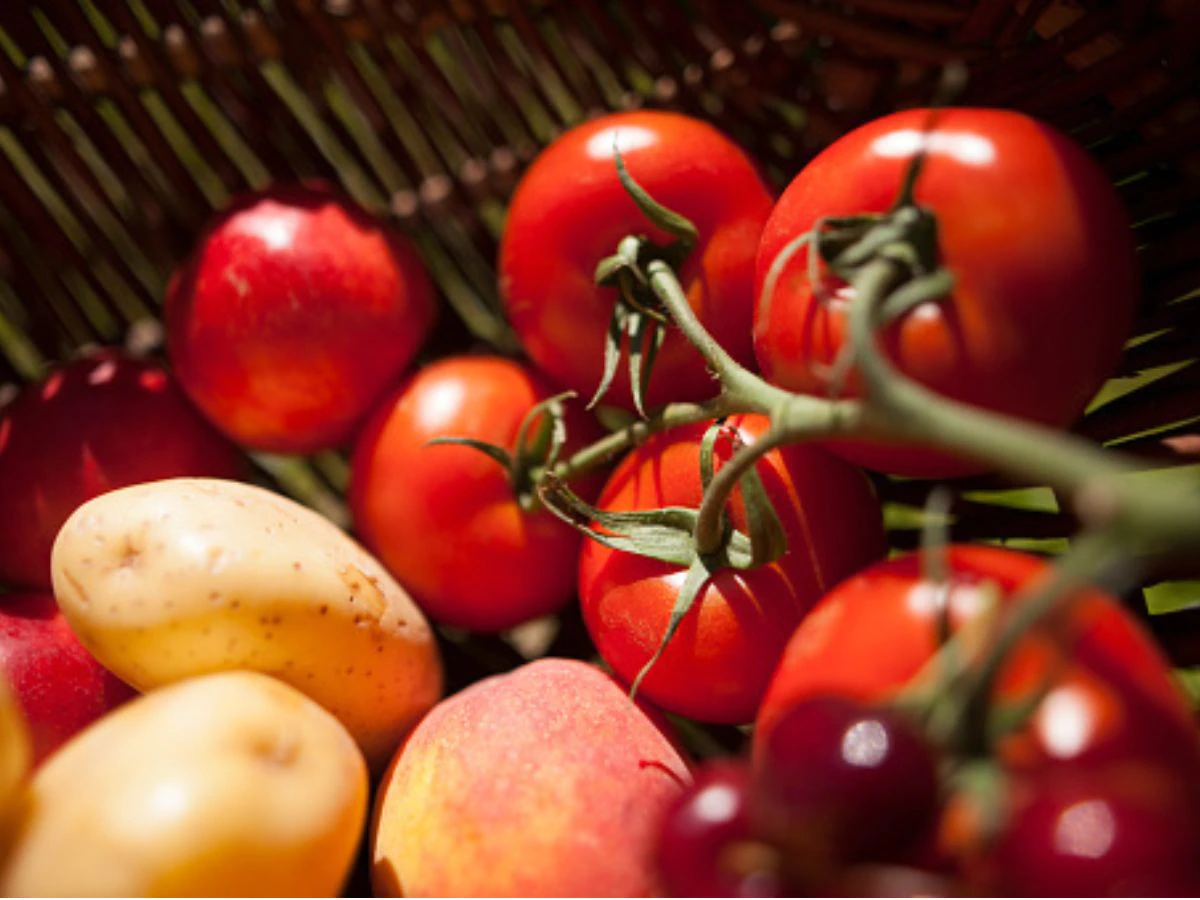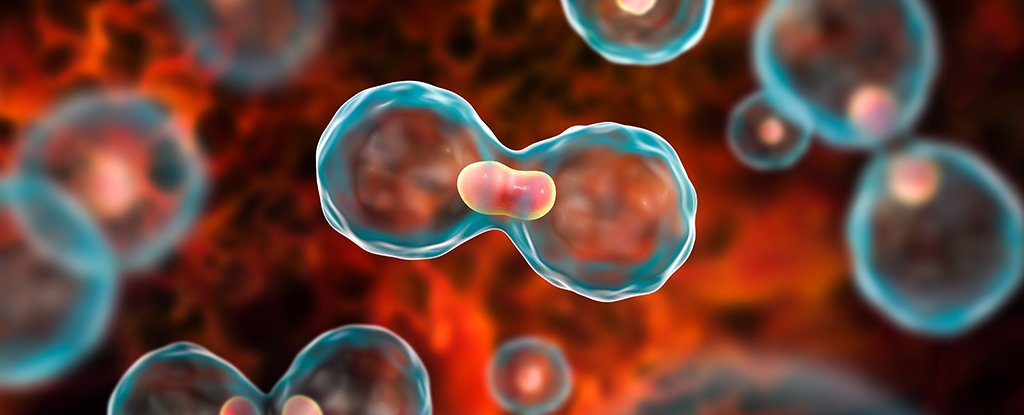Scientists were able to create more effective cancer treatments thanks to developments in medicine and technology. However, these procedures can harm healthy cells, and patients frequently experience severe side effects as a result.
Researchers from Adam Mickiewicz University investigated glycoalkaloids, the beneficial compounds found in many vegetables, such as Tomatoes and Potatoes, for their potential power in treating cancer. They were looking for novel cancer therapy individuals with fewer side effects. Who knows, then? Glycoalkaloids can be used to create future cancer medications or treatments.

Based on Magdalena Winkiel in a press release, researchers are still looking for medications that will kill cancer cells while remaining safe for healthy cells.
“Despite the advancements in medicine and the advanced development of contemporary therapeutic procedures, it is not easy. Because of this, it might be worthwhile to turn back to the medicinal plants that were previously successfully employed to cure a variety of disorders. I think it’s worth revisiting their characteristics and probably uncovering their potential.
Working on Glycoalkaloids
The research team focused on five glycoalkaloids that are found in crude extracts of the Solanaceae plant family, generally referred to as nightshades: solanine, chaconine, solasonine, solamargine, and tomatine.
As a result of the alkaloids they create to defend themselves against herbivorous animals, the Solanaceae plant family consists of numerous hazardous foods in addition to several regularly consumed ones. However, the previous study demonstrates that, at the right amount, poison can become medicine.
Glycoalkaloids are meant to slow down and maybe eliminate cancer cells. Since these are crucial target areas for controlling cancer and improving patient prognoses, glycoalkaloids offer enormous promise for use in future treatments. Studies conducted in silico, or through computer simulation, showed, glycoalkaloids are not hazardous and do not run the danger of destroying DNA or resulting in future tumors, while they do run the chance of having some effect on the reproductive system.

